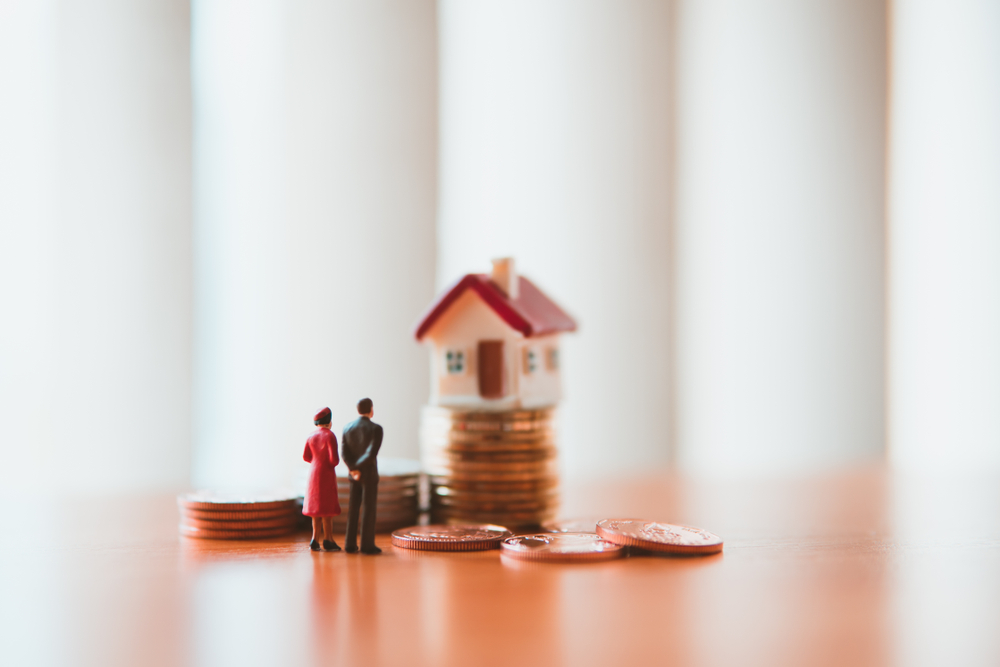First-time Buyer
Annual house price growth slows to 9.5% in September

The average house price in September rose 9.5% year-on-year to £272,259, down from the double digit growth recorded in July and August.
Monthly growth was flat in September, compared to a 0.7% increase in August, according to Nationwide’s house price index.
This is the first time that annual house price growth slowed to single digits since October last year, but added that 0.5% was still “robust”.
The index also revealed this is first month not to record a sequential rise since July last year.
Regional view
From a regional perspective, 10 out of the UK’s 13 regions reported a softening in annual house price growth.
The South West remained the strongest performing region, but annual house price growth contracted from 14.7% in Q2 to 12.5%.
This was followed by the East Midlands, where annual house price growth grew from 11.4% in the previous quarter to 12.3% currently.
London was the weakest performing UK region, although annual house price growth rose slightly from 6% in the previous quarter to 6.7%.
Wales was the top performing nation at 12.1%. Northern Ireland softened to 10.1% and Scotland reported a further slowdown to 7.8%.
England’s annual house price growth decreased from 10.7% in the previous quarter to 9.9%.
‘Signs of slowdown’
Robert Gardner, Nationwide’s chief economist, said there had been further signs of slowdown in the market since last month, with the number of mortgages approved for house purchase still below pre-pandemic levels.
However, he said the slowdown to date had been “modest” and along with the shortage of stock, it meant that price growth “remained firm”.
He added: “By lowering transaction costs, the reduction in stamp duty may provide some support to activity and prices, as will the strength of the labour market – assuming it persists – with the unemployment rate at its lowest level since the early 1970s.
“However, headwinds are growing stronger suggesting the market will slow further in the months ahead. High inflation is exerting significant pressure on household budgets with consumer confidence declining to all-time lows.”
‘Some of the heat has come out of the market’
Tomer Aboody, director of property lender MT Finance, said that slower house price growth was “inevitable” due to higher interest rates and the rising cost of living.
He said: “Buyers have been more thoughtful and patient with their purchases, either deciding to wait or offering well within their means, unlike the past couple of years where multiple offers on properties have pushed prices up, due to buyers being able to borrow at record low rates.
“With rates increasing at record levels, we will see a shift in sentiment and the move to a buyers’ market, rather than sellers calling the shots. Prime properties, especially within the London area, should sustain values, as foreign buyers look to take advantage of the weaker pound.”
‘Decade-long house price growth party is over’
Guy Harrington, CEO of residential lender Glenhawk said that the “decade-long house price growth party is over”.
He said: “If we do indeed see rates anywhere near the six per cent that the markets are pricing in, the only outcome is a housing market crash.
“The Bank of England’s misguided obsession with crushing inflation has left an overpriced housing market at the mercy of the banks. Only a rapid unwinding of rates when the true scale of consumer headwinds becomes apparent this winter will prevent a prolonged period of turmoil for homeowners.”